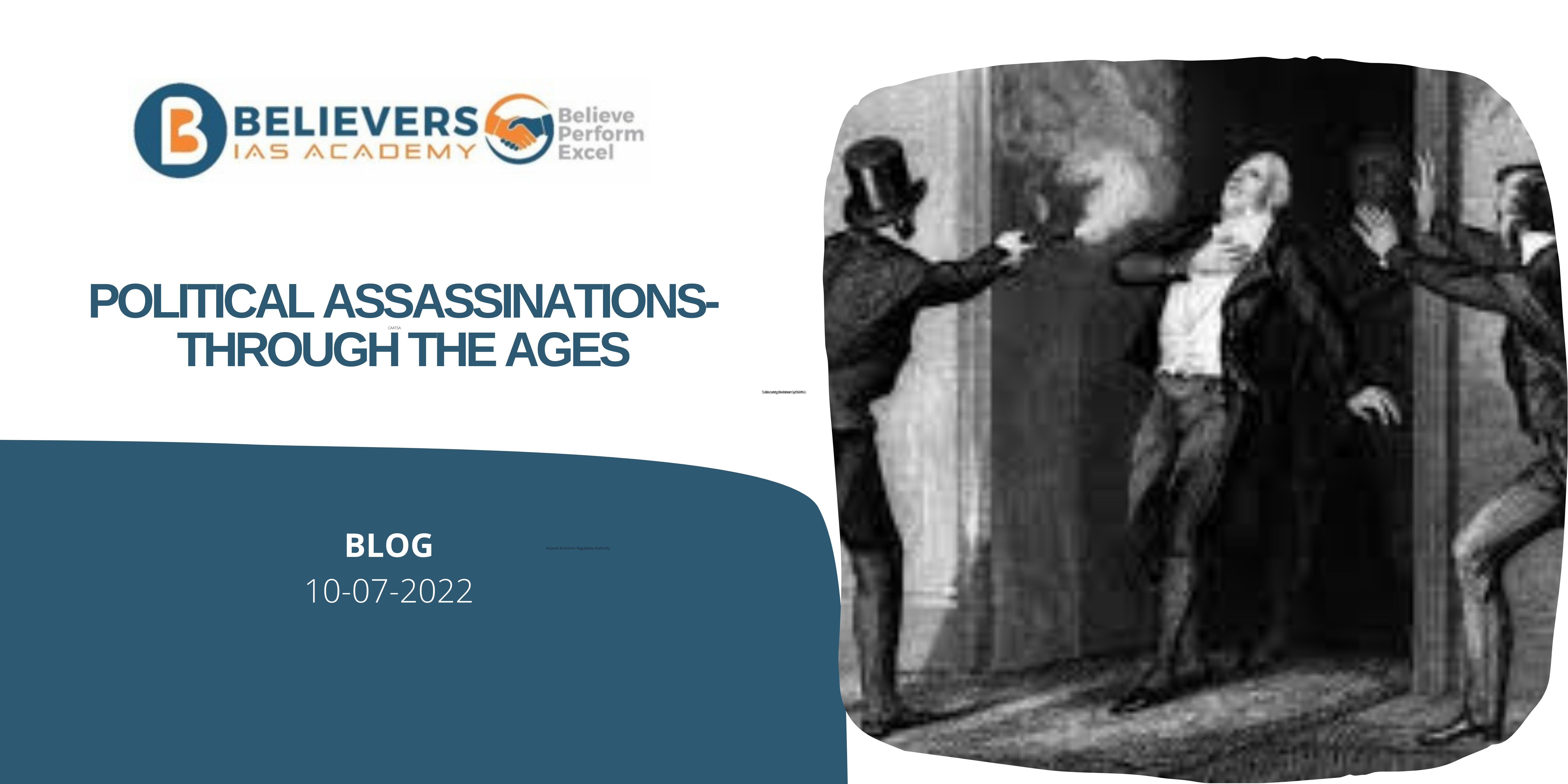- Posted on
- UPSC Static Quiz, May 2023
15 May 2023
Quiz-summary
0 of 5 questions completed
Questions:
- 1
- 2
- 3
- 4
- 5
Information
15th May 2023 Static Quiz for UPSC Prelims
You have already completed the quiz before. Hence you can not start it again.
Quiz is loading...
You must sign in or sign up to start the quiz.
You have to finish following quiz, to start this quiz:
Results
0 of 5 questions answered correctly
Your time:
Time has elapsed
You have reached 0 of 0 points, (0)
| Average score |
|
| Your score |
|
Categories
- Not categorized 0%
- 1
- 2
- 3
- 4
- 5
- Answered
- Review
-
Question 1 of 5
1. Question
2 pointsConsider the following statements about the Fazl Ali Commission:
1. It rejected language as the basis of reorganization of the states.
2. It rejected the theory of ‘one language– one state’.
3. The Commission suggested the abolition of the classification of states under the
original Constitution.
Which of the statements is/are correct?Correct
Ans b
Fazl Ali Commission submitted its report in September, 1955 and broadly accepted language
as the basis of reorganization of the states. But it rejected the theory of ‘one language–one
state’. Its view was that the unity of India should be regarded as the primary consideration
in any redrawing of the country’s political units. It identified four major factors that can be
taken into account in any scheme of reorganization of states:
(a) Preservation and strengthening of the unity and security of the country.
(b) Linguistic and cultural homogeneity.
(c) Financial, economic and administrative considerations.
(d) Planning and promotion of the welfare of the people in each state, as well as of the
nation as a whole.
The Commission suggested the abolition of the four-fold classification of states under the
original Constitution and creation of 16 states and 3 centrally administered territories.Incorrect
Ans b
Fazl Ali Commission submitted its report in September, 1955 and broadly accepted language
as the basis of reorganization of the states. But it rejected the theory of ‘one language–one
state’. Its view was that the unity of India should be regarded as the primary consideration
in any redrawing of the country’s political units. It identified four major factors that can be
taken into account in any scheme of reorganization of states:
(a) Preservation and strengthening of the unity and security of the country.
(b) Linguistic and cultural homogeneity.
(c) Financial, economic and administrative considerations.
(d) Planning and promotion of the welfare of the people in each state, as well as of the
nation as a whole.
The Commission suggested the abolition of the four-fold classification of states under the
original Constitution and creation of 16 states and 3 centrally administered territories. -
Question 2 of 5
2. Question
2 pointsConsider the following statements regarding Inter-State River Water Disputes in India:
1. Article 262 of the Constitution provides for setting up of tribunals for adjudication of
inter-state river water disputes.
2. The Inter-State River Water Disputes (Amendment) Bill, 2019 replaces the water
disputes tribunals with a Dispute Resolution Committee.
3. The decision of the tribunal will be final and binding on the parties involved in the
dispute.
Which of the statements is/are correct?Correct
Ans d
Inter-State River Water Disputes Act, 1956 provides for setting up of tribunals for
adjudication of inter-state river water disputes.
As per the amendment bill, inter-state river water disputes will first go to a Dispute
Resolution Committee. In case no settlement is reached, the case will be referred to a
tribunal.Incorrect
Ans d
Inter-State River Water Disputes Act, 1956 provides for setting up of tribunals for
adjudication of inter-state river water disputes.
As per the amendment bill, inter-state river water disputes will first go to a Dispute
Resolution Committee. In case no settlement is reached, the case will be referred to a
tribunal. -
Question 3 of 5
3. Question
2 pointsConsider the following statements about the executive power of the Union and States:
1. The executive power of every State shall be so exercised as to ensure compliance
with the laws made by the Parliament and State.
2. The executive power of the Union shall extend to the giving of such directions to a
State as may appear to the Government of India.
3. The executive power of Centre shall be so exercised as not to impede the exercise of
the executive power of the State.
4. The executive power of the Union shall extend to the giving of directions to a State
as to the construction and maintenance of means of communication declared to be
of national or military importance.
Which of the statements are correct?Correct
Ans b
Article 257 – The executive power of every State shall be so exercised as not to impede or
prejudice the exercise of the executive power of the Union.Incorrect
Ans b
Article 257 – The executive power of every State shall be so exercised as not to impede or
prejudice the exercise of the executive power of the Union. -
Question 4 of 5
4. Question
2 pointsConsider the following statements with respect to the powers of the Governor:
1. He has the power to appoint and remove members of the State Public Service
Commission.
2. He appoints the Chancellors of Universities in the state concerned.
3. He can constitute State Finance Commission whenever he deems fit or after a period
of five years.
Which of the statements is/are incorrect?Correct
Ans d
All the statements are incorrect
He appoints the Advocate General and members of State Public Service Commission (SPSC).
However, he can only remove Advocate general and not members of the SPSC, because they
can only be removed by the President on the report of Supreme Court.
Governor himself is the Chancellor of Universities in the state concerned, however he
appoints the Vice – Chancellor to the state Universities.
As per the constitution, governor can constitute State Finance Commission only after a
period of five years. The Provision to constitute before the period of five years or as it may
deem fit is only available with the President in respect to the National Finance Commission.Incorrect
Ans d
All the statements are incorrect
He appoints the Advocate General and members of State Public Service Commission (SPSC).
However, he can only remove Advocate general and not members of the SPSC, because they
can only be removed by the President on the report of Supreme Court.
Governor himself is the Chancellor of Universities in the state concerned, however he
appoints the Vice – Chancellor to the state Universities.
As per the constitution, governor can constitute State Finance Commission only after a
period of five years. The Provision to constitute before the period of five years or as it may
deem fit is only available with the President in respect to the National Finance Commission. -
Question 5 of 5
5. Question
2 points. In his oath of office, the Chief Minister swears which of the following?
1. to bear true faith and allegiance to the Constitution of India.
2. to uphold the unity and integrity of India
3. to do right to all manner of people in accordance with the Constitution and the law,
without fear or favour, affection or ill-will.
Select the correct answer:Correct
Ans a
In his oath of office, the Chief Minister swears:
1. to bear true faith and allegiance to the Constitution of India,
2. to uphold the sovereignty and integrity of India,
3. to faithfully and conscientiously discharge the duties of his office, and
4. to do right to all manner of people in accordance with the Constitution and the law,
without fear or favour, affection or ill-will.
In his oath of secrecy, the Chief Minister swears that he will not directly or indirectly
communicate or reveal to any person(s) any matter that is brought under his consideration
or becomes known to him as a state minister excepts may be required for the due discharge
of his duties as such minister.Incorrect
Ans a
In his oath of office, the Chief Minister swears:
1. to bear true faith and allegiance to the Constitution of India,
2. to uphold the sovereignty and integrity of India,
3. to faithfully and conscientiously discharge the duties of his office, and
4. to do right to all manner of people in accordance with the Constitution and the law,
without fear or favour, affection or ill-will.
In his oath of secrecy, the Chief Minister swears that he will not directly or indirectly
communicate or reveal to any person(s) any matter that is brought under his consideration
or becomes known to him as a state minister excepts may be required for the due discharge
of his duties as such minister.
Leaderboard: 15 May 2023
maximum of 10 points
Pos.
Name
Entered on
Points
Result
Table is loading
No data available




